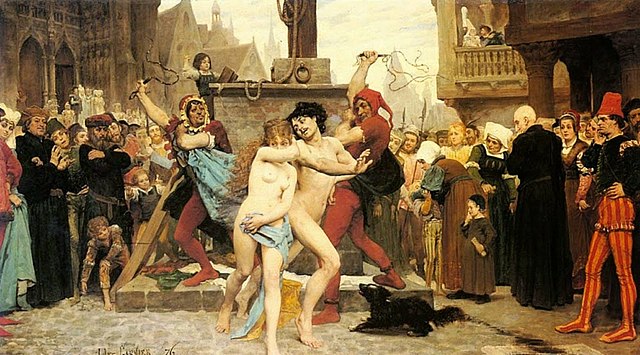Infinite photos and videos for every Wiki article ·
Find something interesting to watch in seconds
History by Country
Orders and Medals
Celebrities
Countries of the World
Famous Castles
Supercars
Richest US Counties
Ancient Marvels
Great Cities
British Monarchs
Wonders of Nature
Kings of France
Presidents
Great Artists
World Banknotes
Tallest Buildings
Wars and Battles
Best Campuses
Largest Empires
Crown Jewels
Largest Palaces
Sports
Rare Coins
Recovered Treasures
Animals
Great Museums
more top lists





